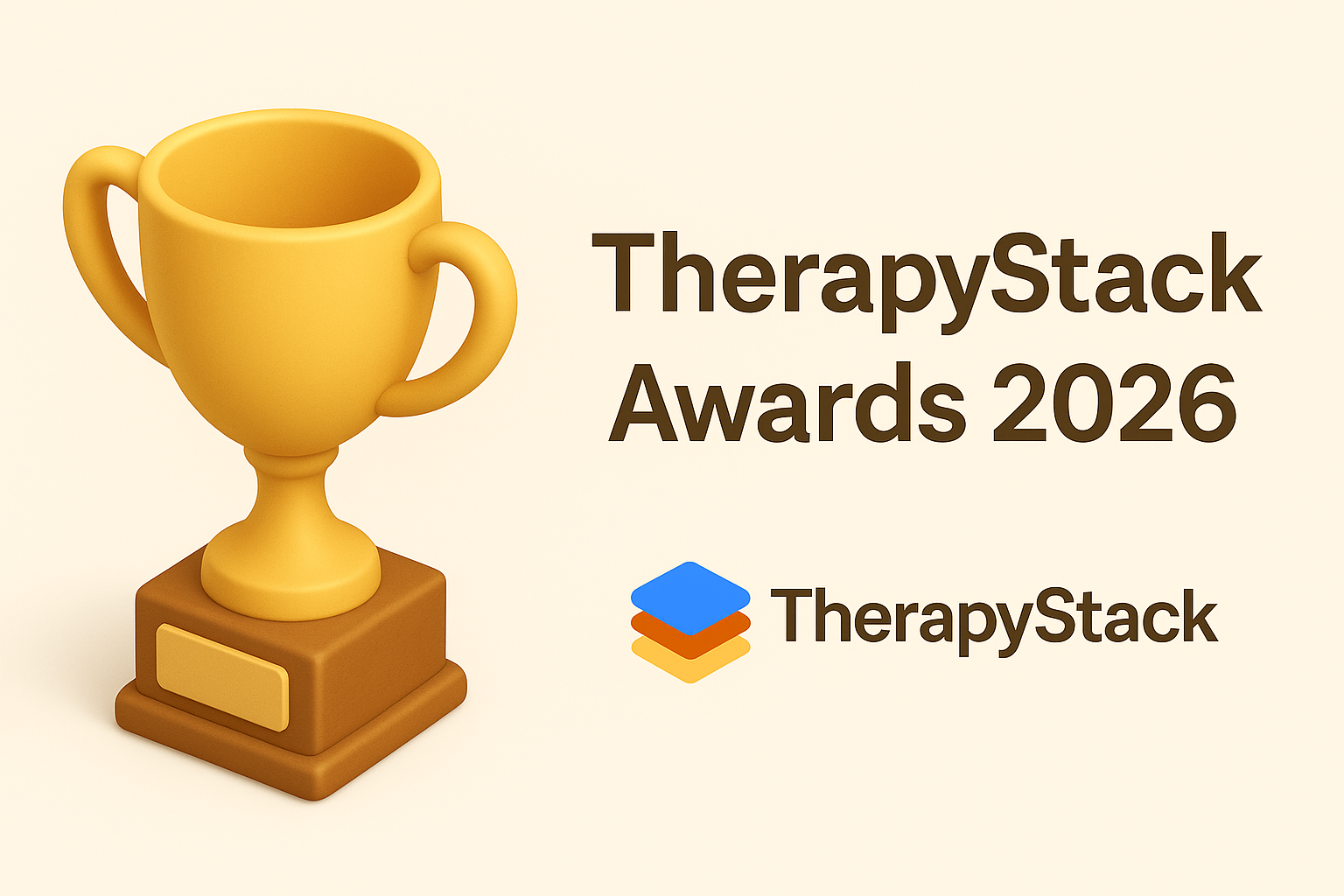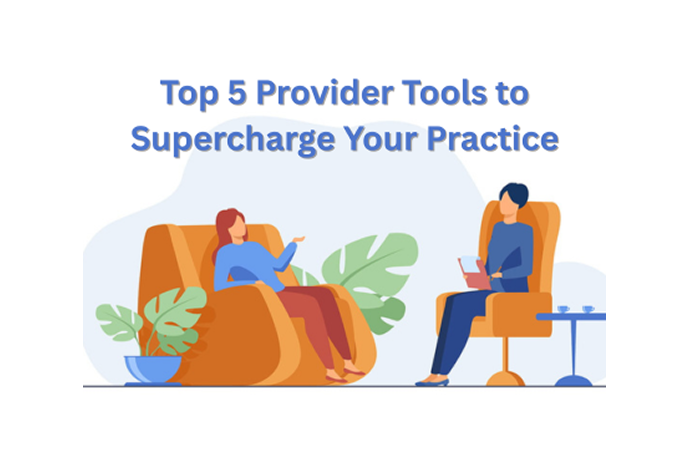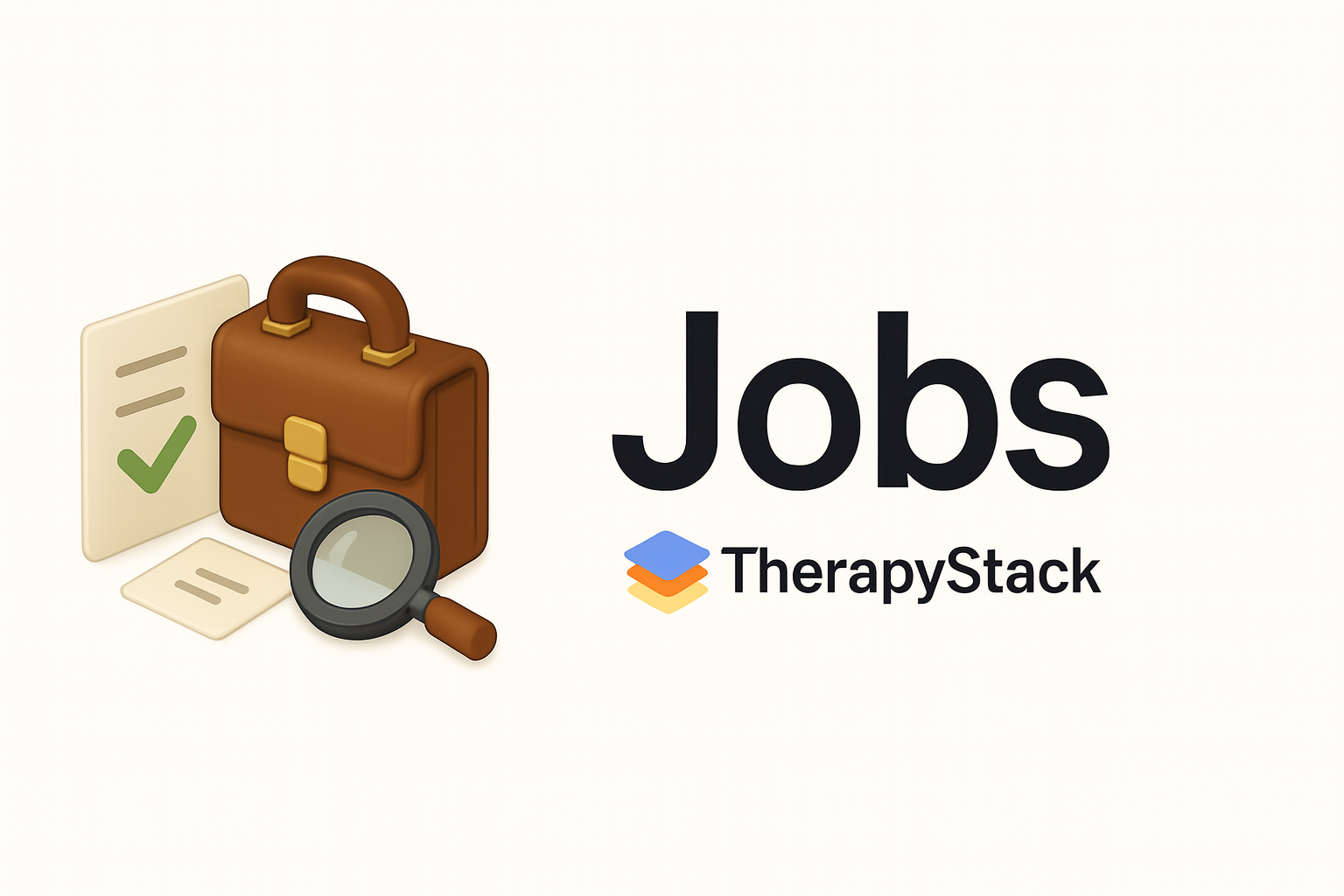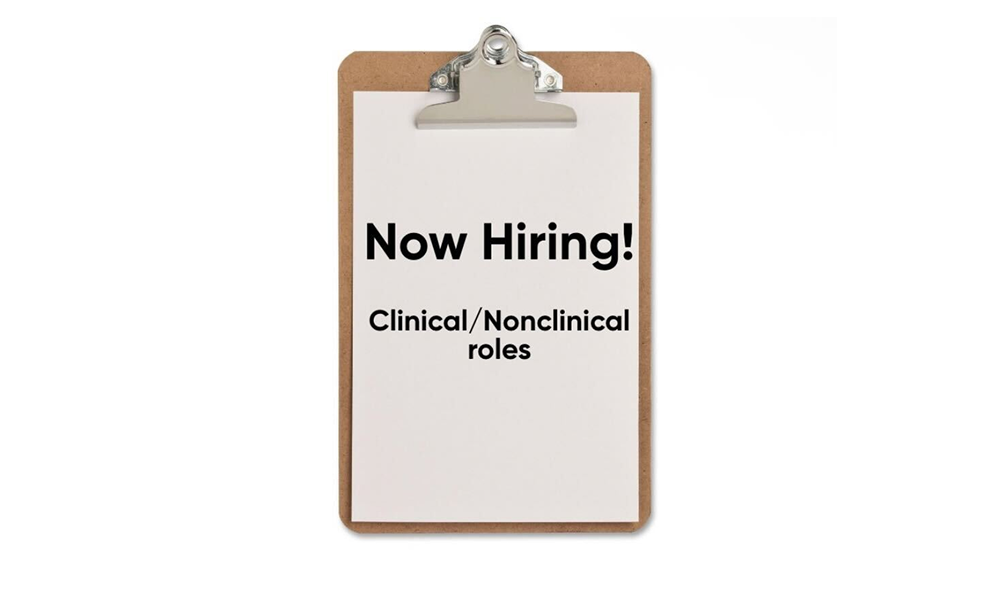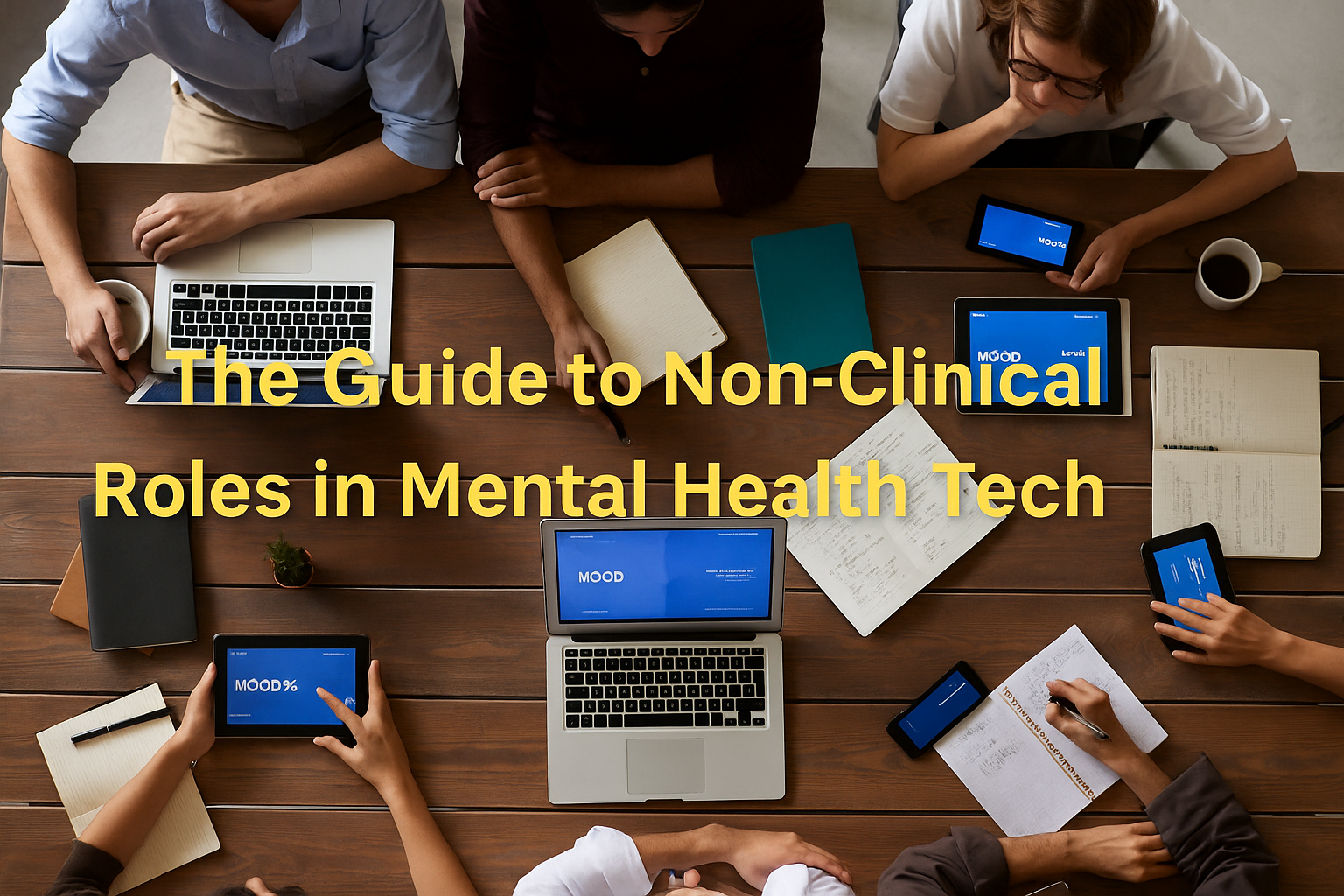You don’t need to be a clinician to make an impact in mental health tech. Non-clinical roles are essential as startups race to develop new tools and expand access to care, improve outcomes, and center lived experience. From product managers to peer support coordinators, there’s an entire ecosystem working behind the scenes to reimagine mental health care delivery. This is your guide to breaking into the most in-demand non-clinical roles. We share what each role entails and how you can best position your unique background to land a role in mental health tech.
Product & UX
What They Do: Product and UX teams shape the way users interact with mental health tools. They define product vision, design features, gather user feedback, and ensure offerings meet clinical standards and are user friendly.
Who's a Good Fit: People with backgrounds in product management, UX design, psychology, user research, or service design are a great fit for Product and UX. Educators and former clinicians with a deep understanding of mental health systems and user needs are also a great fit.
Data Science & Analytics
What They Do: These roles focus on understanding user behavior, clinical outcomes, and system performance. Data teams support decision-making by analyzing usage trends, building recommendation models, and helping organizations track what’s working and what’s not.
Who's a Good Fit: These roles are ideal for people with experience in data science, statistics, public health, behavioral science, or economics. Researchers and analysts who’ve worked with health outcomes, educational data, or social impact metrics are also a great fit.
Growth, Sales & Partnerships
What They Do: Growth and partnership teams bring products into the hands of users. They craft go-to-market strategies, manage employer or health plan relationships, lead strategic partnerships, and help drive adoption in complex systems like schools, workplaces, and healthcare providers.
Who's a Good Fit: These roles are best suited for people with backgrounds in B2B sales, marketing, account management, or business development, especially in health, benefits, or mission-driven sectors. Former nonprofit leaders, policy experts, or others with experience selling to health plans also make a great fit.
Operations & Program Management
What They Do: Behind every successful mental health platform is a team coordinating logistics. These roles focus on internal systems, provider onboarding, care navigation, and overall program execution. They're perfect for people who excel at organizing complexity and driving cross-functional efficiency.
Who's a Good Fit: These roles are perfect for people with backgrounds in project or program management, healthcare ops, education administration, or customer success. Former teachers, case managers, or clinic coordinators have strong transferable skills.
Compliance, Ethics & Research
What They Do: These roles ensure mental health tech is safe, ethical, and evidence-based. They support HIPAA and data privacy compliance, guide ethical AI development, and lead or manage research operations.
Who's a Good Fit: These roles are ideal for people with legal, policy, academic research, or clinical trial experience
The future of mental health care will be shaped by advocates, researchers, storytellers, and people with lived experience. Non-clinical roles are crucial for creating the infrastructure to allow care to reach the hands of many. Whether you’re a UX designer passionate about mental health, a marketer with lived experience, or a program manager passionate about mission-driven work, the mental health space needs your unique perspective!
Check out the specific job listings on TherapyStack to jumpstart your career in mental health tech!
